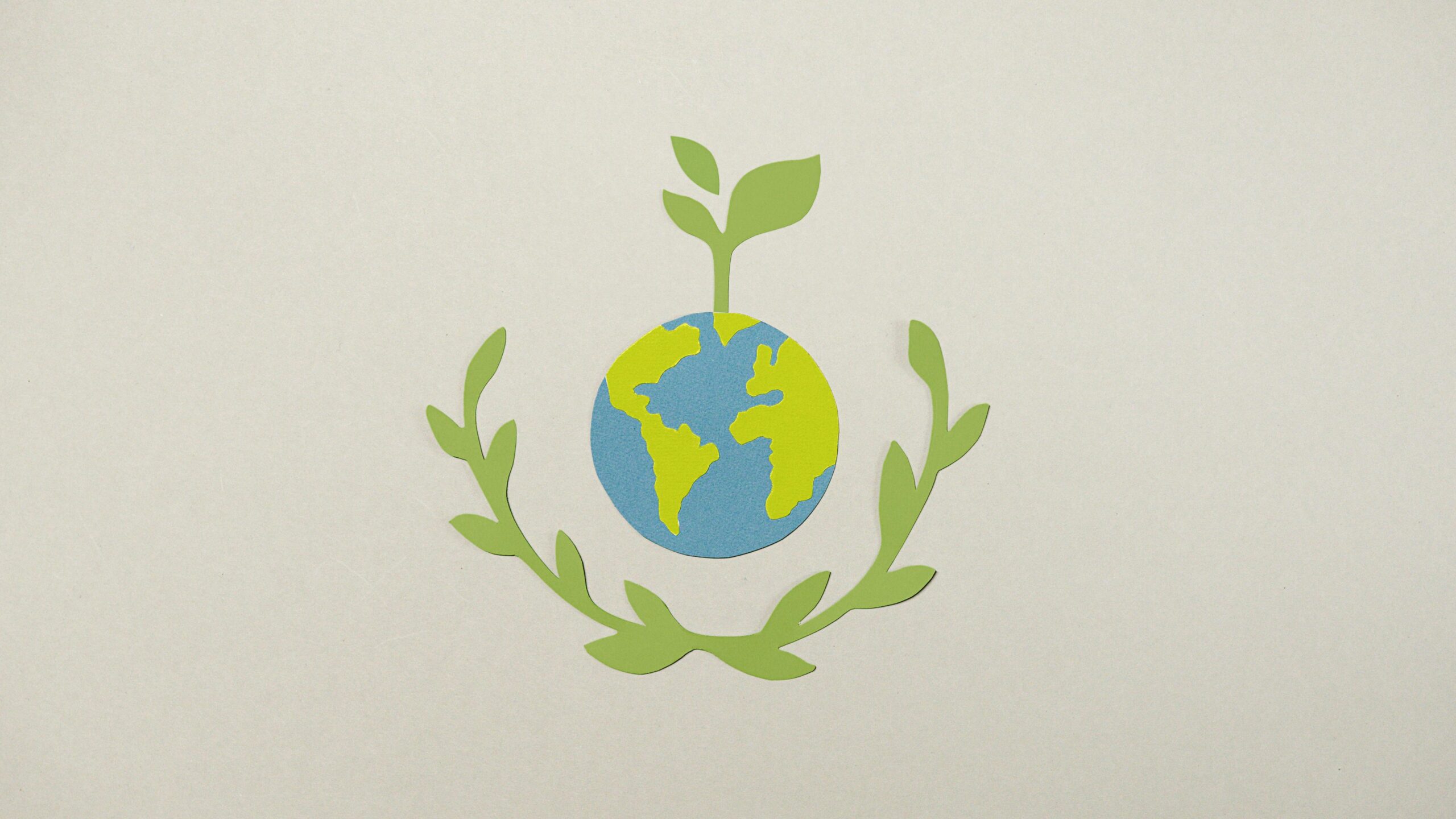
The havoc caused to the world environment by the billions of animals we breed, raise and kill for food each year is staggering. The United Nations has identified animal agriculture as 'one of the most significant contributors to today's most serious environmental problems', including climate change, species extinction, loss of fresh water, rainforest destruction, spreading deserts, air and water pollution, acid rain, soil erosion and loss of habitat. Vast areas of forest are cleared to grow crops to feed farmed animals. The methane produced by these animals is the largest single cause of global warming, larger than all transport worldwide. Large quantities of excrement produced by animal industries leak into rivers and oceans as pollution.
Instead of growing crops to feed animals who we then eat, it would be much more efficient and cause less harm to the environment if we consumed the plants directly. This would feed five times as many people, make available significant amounts of fresh water, help reverse global warming, use less fossil fuels and allow large areas of land to be reforested.
"Producing meat turns vegetable protein very inefficiently into animal protein, using large amounts of energy and water in the process. Ruminant animals also produce large amounts of methane, a much more potent greenhouse gas than carbon dioxide. Meat production is a serious contribution to greenhouse gas pollution and hence global warming."
- Professor Ian Lowe
Most people today recognise the importance of considering the environment in their daily lives, by saving water and energy, driving more fuel efficient cars and using renewable energy. However, one of the simplest and yet most significant choices we can make to reduce our environmental impact is to switch to a vegan diet.
Veganics is a system of organic farming that avoids the use or exploitation of animals as much as possible. It is also a way to help the earth recover by replicating the biodiversity found in natural environments.

Unsubscribe at any time. Your details are safe, refer to our privacy policy.
© Vegan Australia | Registered as a charity by the ACNC | ABN 21 169 219 854